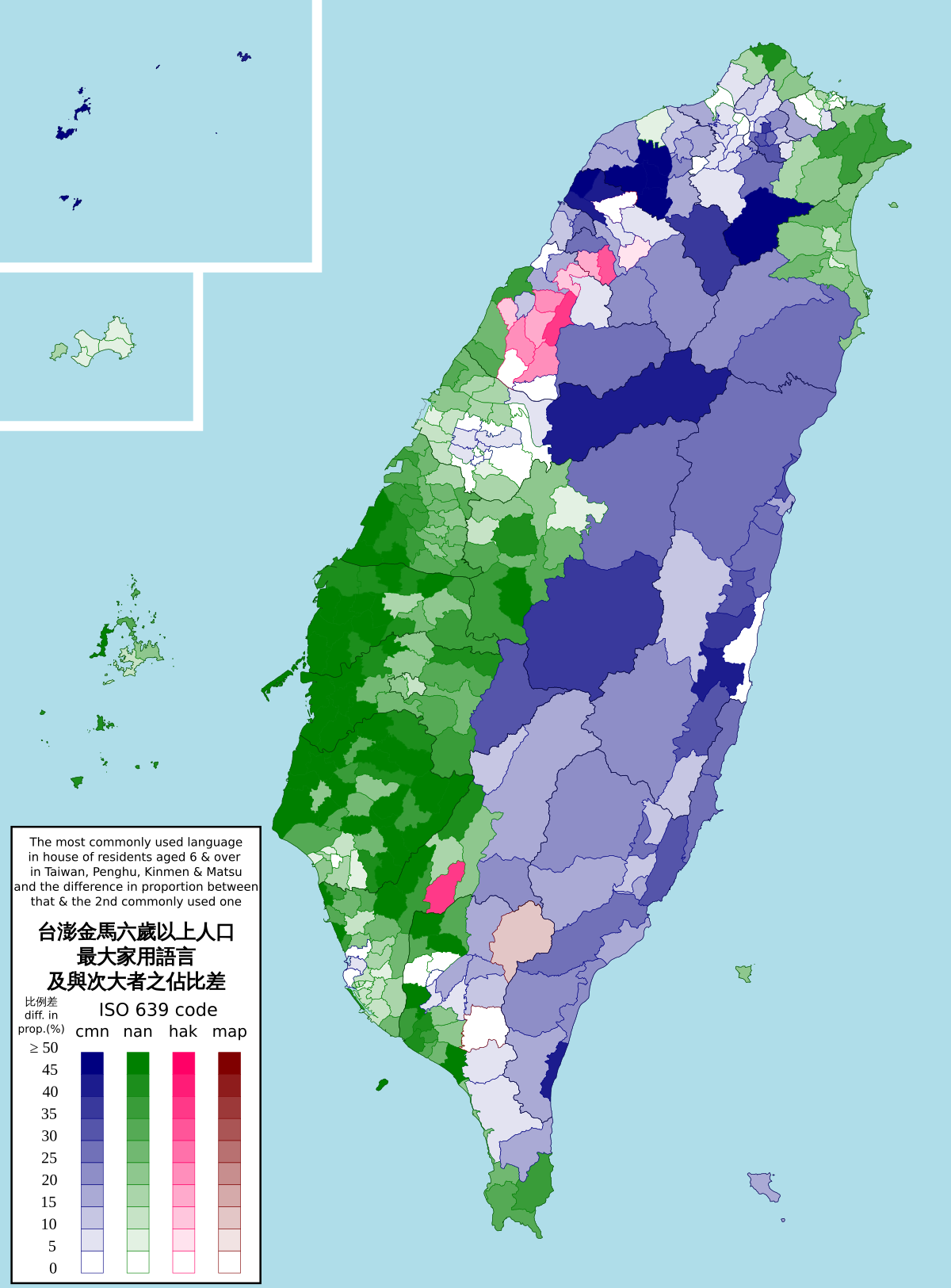TheLostSwede
News Editor
- Joined
- Nov 11, 2004
- Messages
- 18,470 (2.47/day)
- Location
- Sweden
| System Name | Overlord Mk MLI |
|---|---|
| Processor | AMD Ryzen 7 7800X3D |
| Motherboard | Gigabyte X670E Aorus Master |
| Cooling | Noctua NH-D15 SE with offsets |
| Memory | 32GB Team T-Create Expert DDR5 6000 MHz @ CL30-34-34-68 |
| Video Card(s) | Gainward GeForce RTX 4080 Phantom GS |
| Storage | 1TB Solidigm P44 Pro, 2 TB Corsair MP600 Pro, 2TB Kingston KC3000 |
| Display(s) | Acer XV272K LVbmiipruzx 4K@160Hz |
| Case | Fractal Design Torrent Compact |
| Audio Device(s) | Corsair Virtuoso SE |
| Power Supply | be quiet! Pure Power 12 M 850 W |
| Mouse | Logitech G502 Lightspeed |
| Keyboard | Corsair K70 Max |
| Software | Windows 10 Pro |
| Benchmark Scores | https://valid.x86.fr/yfsd9w |
GIGABYTE TECHNOLOGY Co. Ltd, a leading manufacturer of motherboards, graphics cards, and hardware solutions, announced a groundbreaking update to its X3D Turbo Mode feature, providing users with an intuitive new method to activate advanced gaming performance optimization directly through the AORUS AI SNATCH software.
Users can now easily enable the X3D Turbo Mode with a streamlined process:

GIGABYTE X3D Turbo Mode delivers exceptional performance benefits, including up to 18% performance improvements for Ryzen 9000 series processors, providing gamers with a competitive edge through intelligent core distribution, bandwidth tuning, and hardware power balancing.
The latest AORUS AI SNATCH version B24.11.19.01 offers forward compatibility with AMD's future platform, demonstrating GIGABYTE's commitment to future-proof gaming technology.
View at TechPowerUp Main Site | Source
Users can now easily enable the X3D Turbo Mode with a streamlined process:
- Run live update on GCC to get the latest AORUS AI SNATCH version B24.11.19.01
- Navigate to the flag icon in the lower-left corner
- Click the flag icon to activate X3D Turbo Mode
- Confirm the pop-up window by clicking "OK"
- System will automatically restart to activate the feature

GIGABYTE X3D Turbo Mode delivers exceptional performance benefits, including up to 18% performance improvements for Ryzen 9000 series processors, providing gamers with a competitive edge through intelligent core distribution, bandwidth tuning, and hardware power balancing.
The latest AORUS AI SNATCH version B24.11.19.01 offers forward compatibility with AMD's future platform, demonstrating GIGABYTE's commitment to future-proof gaming technology.
View at TechPowerUp Main Site | Source








 (I kid you not)
(I kid you not)